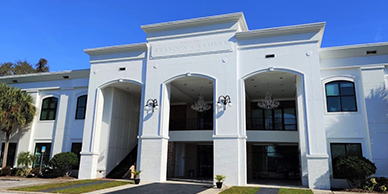Florida uses the phrase “personal representative” to refer to someone who accepts the duty of distributing an inheritance to heirs and beneficiaries on behalf of a decedent. This person’s name would be listed in the decedent’s last will and testament. A more common term for this duty is estate executor. It is typically considered an honor to accept the responsibility.
Before distributing an inheritance, an estate executor must perform numerous tasks, many of which are tedious and time-consuming. These tasks include notifying all heirs and beneficiaries of a testator’s passing, as well as gathering all assets, identifying all liabilities, paying taxes owed by the estate, and more. Things do not always go as smoothly as an executor might hope.
Estate executors often get stuck in the middle of family disputes
As the personal representative of an estate, the executor must handle any complications or issues that arise during the estate administration process. In some cases, heirs or beneficiaries might contest a will or claim that they were supposed to receive a specific asset or amount of money. These types of disputes can cause significant delays to an already lengthy process.
In some cases, estate executors can be held personally liable for taxes, such as if asset distribution occurred before all tax debts were settled from the estate. Anyone who is asked to serve as an executor of a Florida estate will want to carefully review state laws before accepting the duty. This helps ensure a clear understanding of the duties and responsibilities involved so that the person in question can make an informed decision whether to accept the responsibility or decline the request. It is also wise to seek support from an estate law attorney regarding the duties of an executor.

